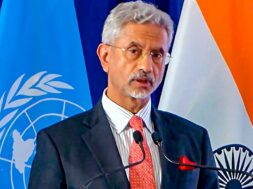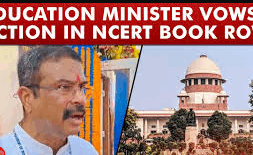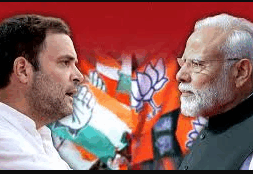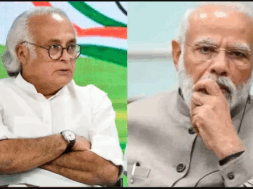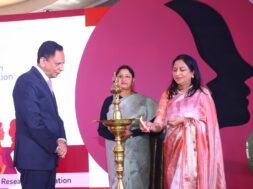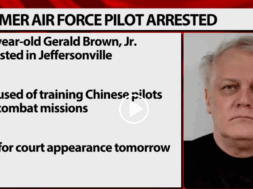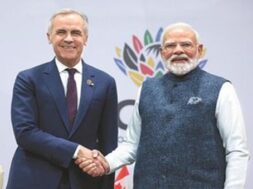
Manas Dasgupta
NEW DELHI, Oct 22: India’s External Affairs minister S Jaishankar has directly charged the Canadian diplomats in India with interference in the country’s internal affairs forcing the Indian government to insist on downsizing the Canadian diplomatic presence in the country.
Jaishankar’s charge came even as the United States and the United Kingdom were seen standing with Canada in this regard and suggesting India to refrain from asking Canada to downsize the number of diplomatic personnel stationed in India honouring the Vienna convention. Canada has already withdrawn 41 of its diplomats from India.
“There was interference in New Delhi’s affairs by Canadian personnel, Jaishankar said explaining the downsizing of Canadian diplomatic presence in the country, adding that India had “problems with certain segment of Canadian politics.” “Parity is very much provided for by the Vienna Convention, which is the relevant international rule on this. In our case, we invoked parity because we had concerns about continuous interference in our affairs by Canadian personnel,” Mr Jaishankar said, rejecting the idea that India had violated the Vienna convention on diplomatic relations.
India also had problems with Canada’s inability to provide safety and security to Indian diplomats which challenges the “most fundamental aspect” of the Vienna Convention on Diplomatic Relations. Mr. Jaishankar’s remarks came two days after Canada withdrew 41 of its diplomats and “paused” walk-in services at its consulates in Mumbai, Bengaluru and Chandigarh, affecting Canadian visa facilities for Indians. Indian missions in Canada had stopped issuing visas last month, but Mr Jaishankar said India would like to resume visa services if the working conditions for Indian diplomats improved in Canada.
“My hope, my expectation is that the situation would improve in the sense that our people would have greater confidence in being able to do their basic duty as diplomats. Because ensuring safety and security of diplomats is the most fundamental aspect of the Vienna Convention. And right now, that is what has in many ways been challenged in Canada — that our people are not safe, our diplomats are not safe,” Jaishankar said. “If we see progress there, I would like very much to resume the issue of visas,” he added.
Canadian Foreign Minister Melanie Joly had accused New Delhi of violating the Vienna Convention saying, “A unilateral revocation of diplomatic privileges and immunities is contrary to international law, including the Vienna Convention on Diplomatic Relations.” Ms Joly’s October 19 remarks were followed up by Canadian Prime Minister Justin Trudeau, who accused India of violating a “very basic principle of diplomacy.”
Canada’s position from the U.S. and the U.K. A statement from the U.K.’s Foreign, Commonwealth and Development Office on Friday said India’s move impacted the principles of the Vienna Convention, while the U.S. State Department said the resolution of differences between the countries requires diplomats on the ground in India.
In his response, Mr Jaishankar said India was “very closely tracking” the situation in Canada and referred to the threats issued by certain pro-Khalistan groups who had called for the murder of prominent Indian diplomats. Without naming the support for pro-Khalistan elements in Canada, the Minister further argued that India’s problem was with a “certain segment” of Canadian politics.
The problem had accelerated after Prime Minister Justin Trudeau informed the Canadian parliament on September 18 that he believed Indian agents were involved in the June killing of pro-Khalistan figure Hardeep Singh Nijjar. Soon after that, Canada had expelled a senior Indian diplomat followed by an expulsion of a Canadian diplomat by India. New Delhi subsequently invoked the issue of parity in diplomatic representation between the two sides.
The Ministry of External Affairs, on its part, insisted that the main issue was not about withdrawal or expulsion of diplomats, but about “parity.” India wanted Canada to adhere to “parity” in diplomatic representation, arguing that Ottawa was maintaining a “much higher” number of diplomats in India. MEA spokesperson Arindam Bagchi also accused Canadian diplomats stationed in India of “interfering” in domestic Indian affairs, an argument reiterated by Mr Jaishankar on Sunday.
“We invoked parity because we had concerns about continuous interference in our affairs by Canadian personnel. We haven’t made much of that public. My sense is that over a period of time more stuff will come out and people will understand why we had the kind of discomfort with many of them which we did,” Mr Jaishankar said. “The relationship right now is going through a difficult phase. But I do want to say the problems we have are with a certain segment of Canadian politics and the policies which flow from that,” said Mr Jaishankar.
Canada is home to some 770,000 Sikhs, who make up about two per cent of the country’s population, with a vocal minority calling for creating a separate state of Khalistan. The Sikh separatist movement is largely finished within India, where security forces used deadly force to put down an insurgency in the state of Punjab in the 1980s.
New Delhi is angry that Trudeau last month suggested Indian agents might have been involved in the June murder of a Sikh terrorist in Canada. Canada has called for India to cooperate in the investigation but New Delhi has rejected the allegations and taken countermeasures, such as shutting down visa services for Canadians. Also, Canada is yet to provide any public evidence to support the claim about the killing of Nijjar.
Around two million Canadians, 5% of the overall population, have Indian heritage. India is by far Canada’s largest source of global students, making up for roughly 40% of study permit holders. “Right now the big concern which people have is on visas. Some weeks ago, we stopped issuing visas in Canada because it was no longer safe for our diplomats to go to work to issue visas. So their safety and security was the primary reason we had to temporarily stop the issue of visas. We’re tracking it very closely,” he said.
